- Home
- entertainment
- The incredible story of Brian Williams' rise to stardom - and how it all came crashing down
The incredible story of Brian Williams' rise to stardom - and how it all came crashing down
Growing up in New Jersey it was "very clear all along that I had to work, I had to support myself. I was working a series of jobs and I had an epiphany [after dropping out of GWU] that I had to at least try something that I always wanted to try."

My late mother always used to say about people on local news in New York, 'I think you could do better than some of these people.' I don't know what she based that on, but I loaded up what few belongings I had and moved to Pittsburg, Kansas.

I worked at a small television station for 13 months and started making $168 a week for a seven-day work week.
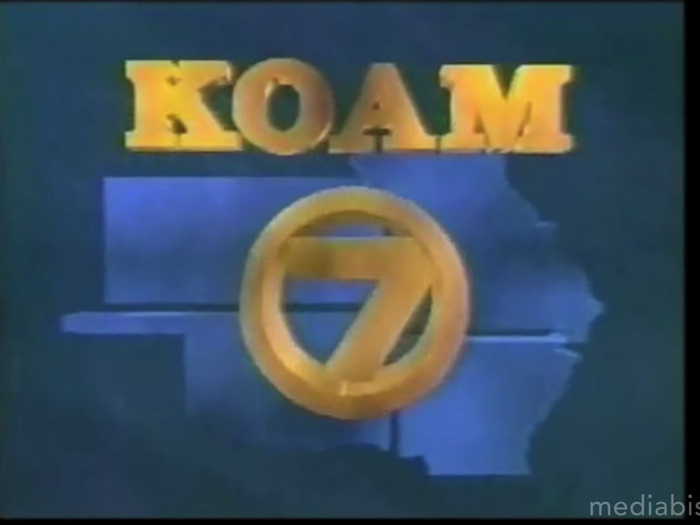
I decided that, after 13 months at this TV station, surely the other stations in the area were pining for my talents. I took a number of days off and burned those days off in a number of waiting rooms at stations in Missouri, Tulsa, Wichita, Topeka, and got laughed out of the major markets. I couldn't get hired.
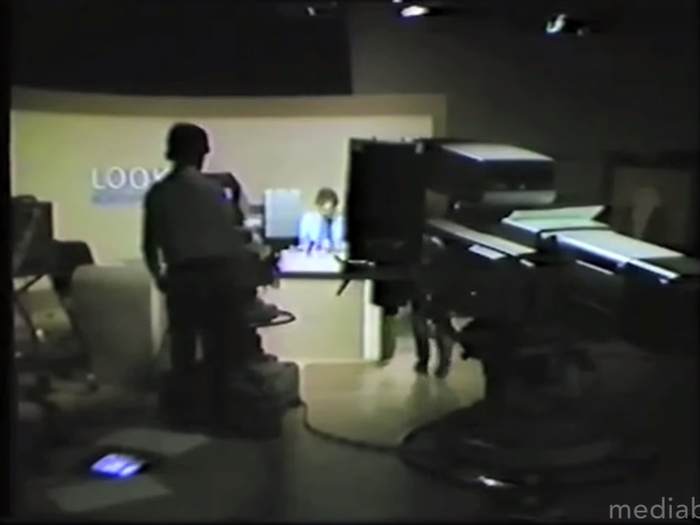
I had a résumé, reel, tape — nobody was buying it, nobody was digging it. There were a lot of people just like me and I was unexceptional.
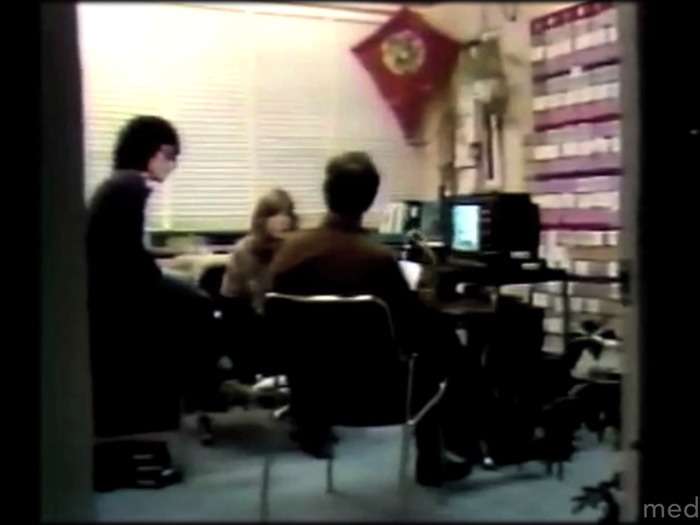
My experiment in small market television failed. I went bankrupt, I had to work out deals with all of my credit card companies to pay them down $10 or $20 a month. I was borrowing money, I lost my car. I was, by any standard, poor.
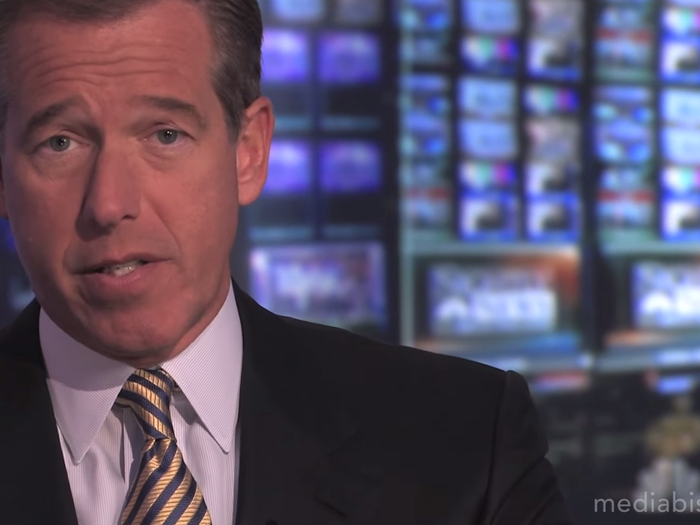
I decided the only place where I could be guaranteed a job was Washington, D.C. — where I had worked [as an intern with the administration of President Jimmy Carter] and spent about a third of my life.
![I decided the only place where I could be guaranteed a job was Washington, D.C. — where I had worked [as an intern with the administration of President Jimmy Carter] and spent about a third of my life.](https://staticbiassets.in/thumb/msid-46203154,width-700,height-525,imgsize-633313/i-decided-the-only-place-where-i-could-be-guaranteed-a-job-was-washington-d-c-where-i-had-worked-as-an-intern-with-the-administration-of-president-jimmy-carter-and-spent-about-a-third-of-my-life-.jpg)
I saw a classified ad at channel 5, the independent station in Washington, which was then a Metromedia station.

"The ad was for a weekend chyron operator [TV graphics]. I had never operated the chyron machine, but I'd done everything else at the station — operated the cameras, swept, covered sports, weather, and of course, news. So I figured I could learn chyron."
!["The ad was for a weekend chyron operator [TV graphics]. I had never operated the chyron machine, but I](https://staticbiassets.in/thumb/msid-46203159,width-700,height-525,imgsize-1596348/the-ad-was-for-a-weekend-chyron-operator-tv-graphics-i-had-never-operated-the-chyron-machine-but-id-done-everything-else-at-the-station-operated-the-cameras-swept-covered-sports-weather-and-of-course-news-so-i-figured-i-could-learn-chyron-.jpg)
I brought the ad to WTTG TV newsroom and said to the first person I met, 'I'm here to meet with the news director, is he in?' and she said, 'You're talking to her.' So that didn't start well.
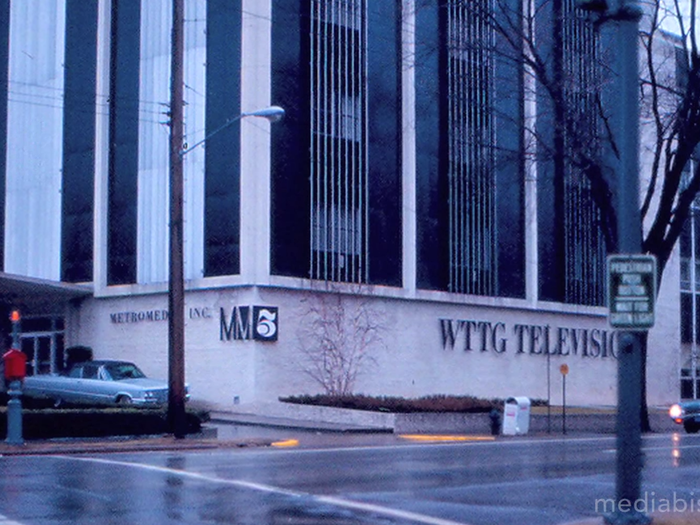
She introduced herself as Betty Endicott and she hired me as the weekend chyron operator.
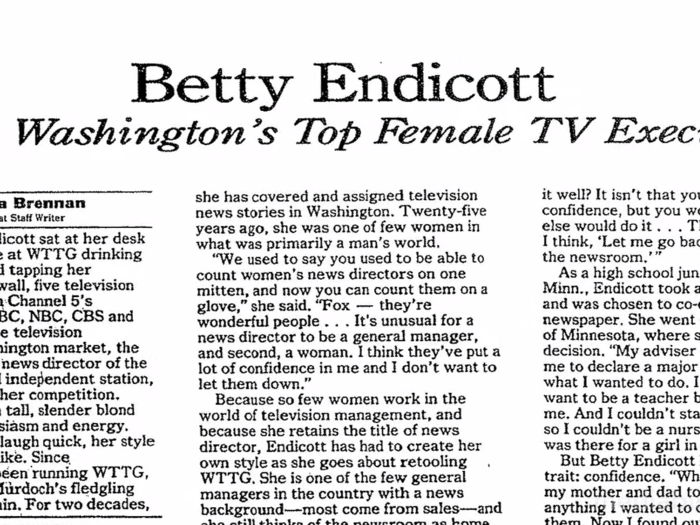
The staff would gather in Betty's office to watch the broadcast and they would talk about it afterwards. I developed a friendship with the news director [Betty].
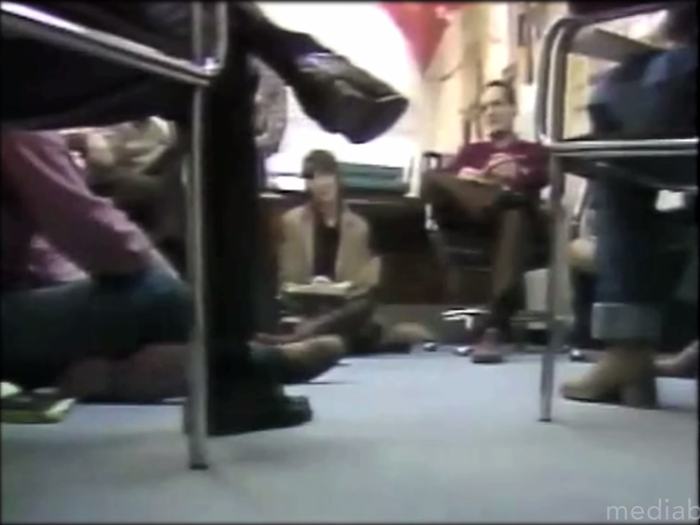
My big break came when Betty called me into her office and asked me to close the door one day.
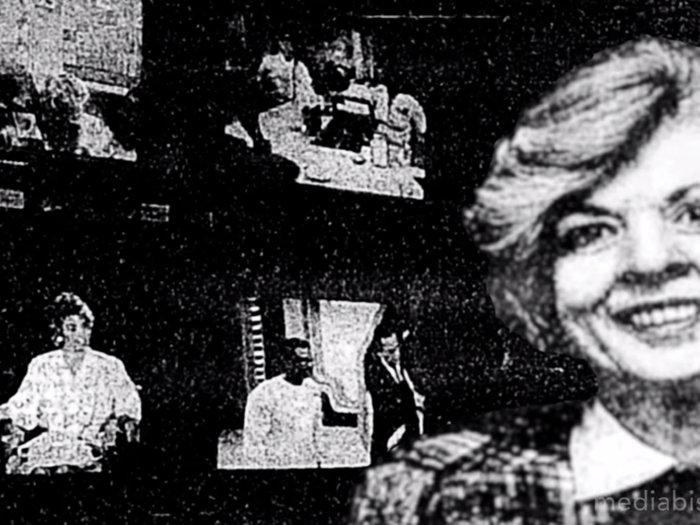
She said to me, 'They tell me you used to be on-camera in small market TV news,' and I said, 'Yes, it was a failed experiment.' She asked, 'Who's the worst reporter on the staff that you've seen?' And I thought for a moment, looked to make sure the door was closed, and I gave her the name, haven't repeated it since then. She said, 'You're right, that reporter is coming off the air and I'd like you to start, I'd like you to cover Northern Virginia.'

I went on the air in the ninth-largest market in the country. And I decided this was it. These things don't happen outside of [Frank] Capra films.

Williams stayed at WTTG for four years before becoming a correspondent at WCAU-TV in New Jersey.
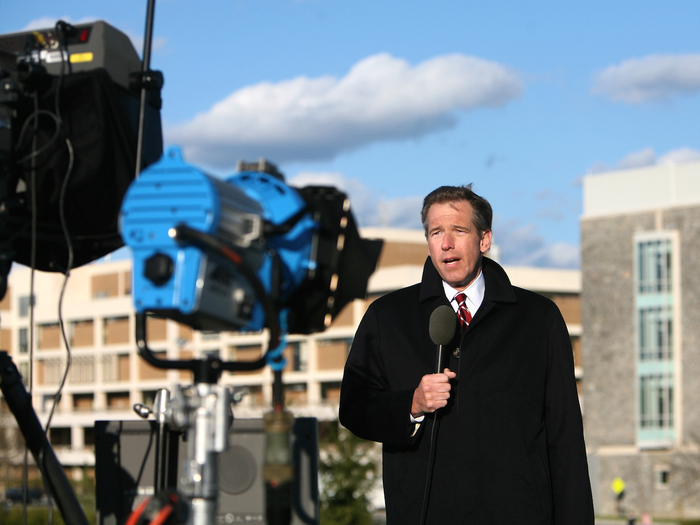
In 1993, he landed at NBC News.
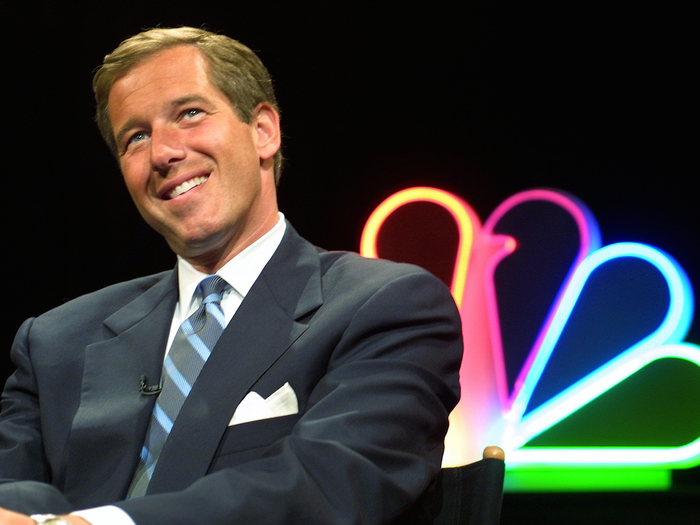
In 2004, Williams replaced Tom Brokaw as anchor of "NBC Nightly News."
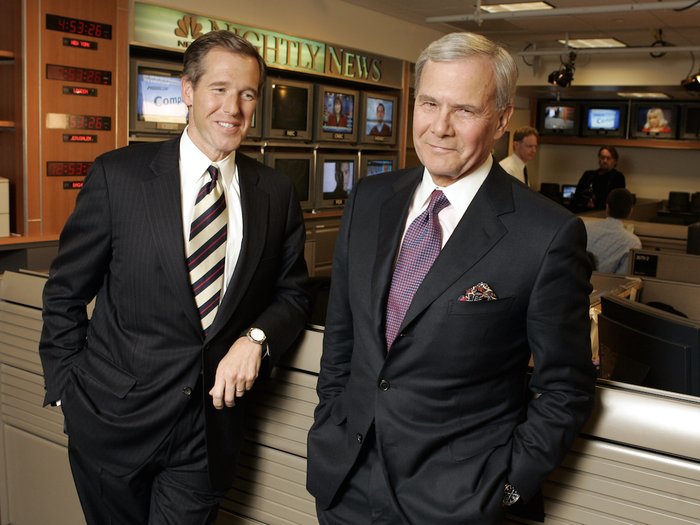
Until this week, he acted as both anchor and managing editor of the broadcast.

But everything came crashing down on Feb. 4, when Williams apologized and recanted his story about being on board a helicopter forced down by RPG fire during the 2003 invasion of Iraq.
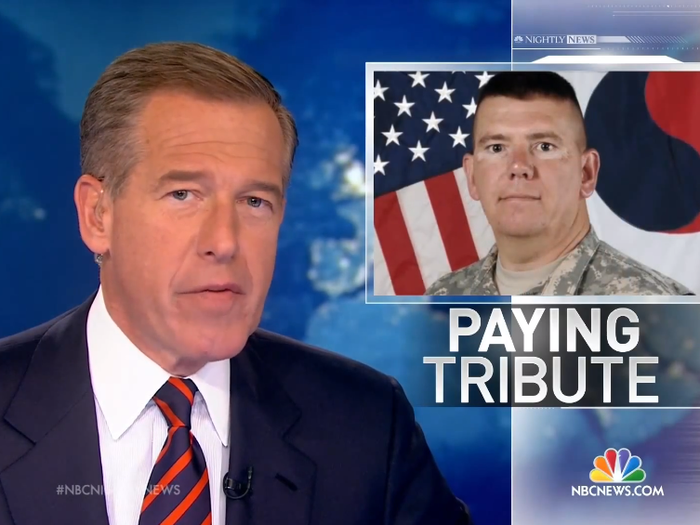
Read more here.
Williams' narrative turned out to be false. Crew members told the military newspaper Stars and Stripes that Williams was actually in a helicopter flying 30 minutes to an hour behind the one that took the RPG fire.
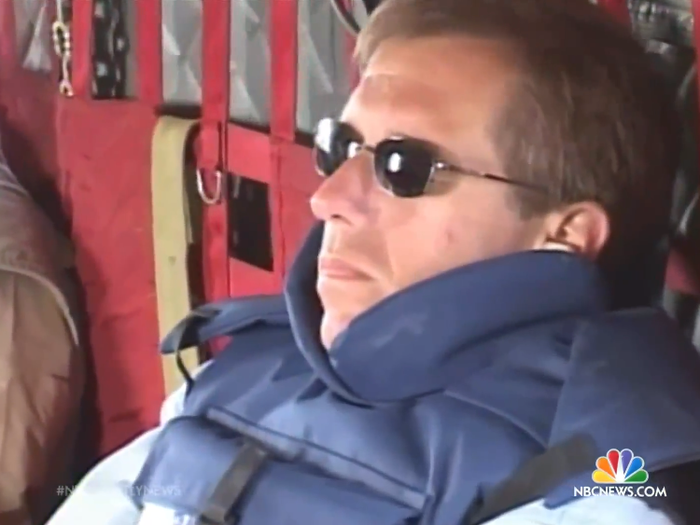
Read more here.
I feel terrible about making this mistake," said Williams. "I have no desire to fictionalize my experience and no need to dramatize events as they actually happened, I think the constant viewing of the video showing us inspecting the impact area — and the fog of memory over 12 years — made me conflate the two, and I apologize.
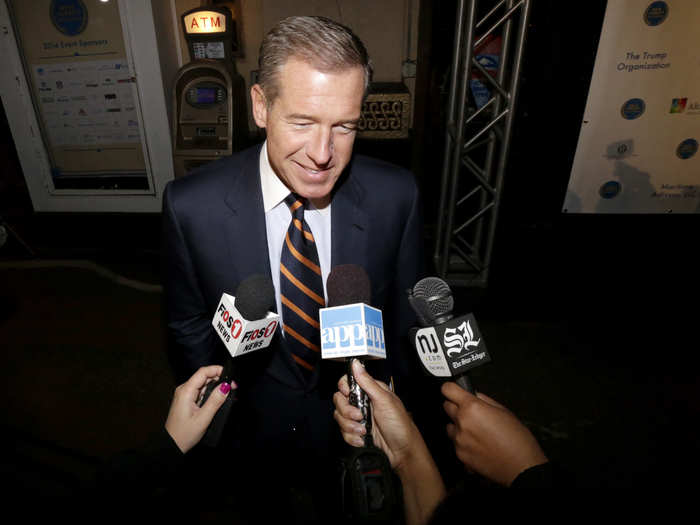
But Williams had even told the story on "Letterman" back in 2013, which didn't help his case. Williams canceled his upcoming "Letterman" appearance.

After Williams acknowledged the snafu, the NBC anchor published a short note revealing he would leave the show for "the next several days" amid the growing scandal surrounding false claims he made about time he spent in Iraq.

Read more here.
In the wake of Williams' inflated Iraq story, other statements made by the newsman have also come under scrutiny, including his account of Hurricane Katrina in 2005. According to NYT columnist Maureen Dowd, NBC execs were warned a year ago that Williams was "constantly inflating his biography."
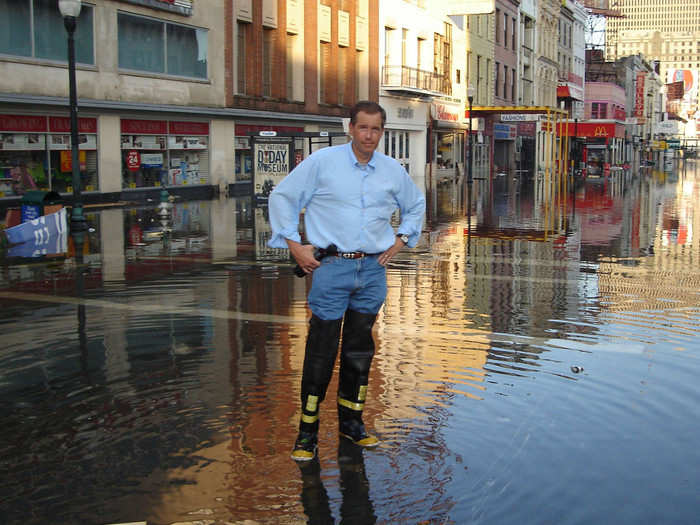
Read more here.
The internet had a field day with the story, creating memes about other news stories that may have been exaggerated by Williams.
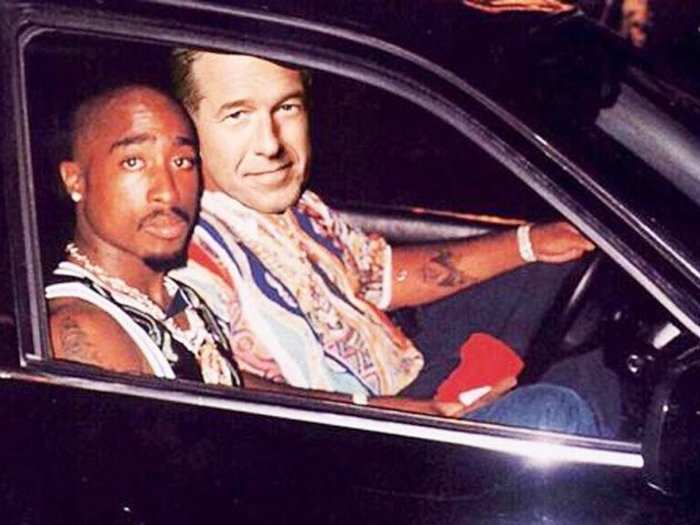
Check out more memes here.
Late Tuesday, NBC announced that Williams would be suspended from the network as anchor and managing editor of "NBC Nightly News" for the next six months, without pay. Lestor Holt will fill in during the hiatus.

Read more here.
At this point, it's unclear if Williams will ever return to NBC. Recent reports from network insiders say there is "no guarantee of him coming back" in August.

Read more here.
In the meantime, Williams will have plenty of time to spend with his wife of 27 years, Jane Stoddard Williams, son Douglas, and his "Girls" actress-daughter, Allison Williams.

Brian Williams is 55-years-old ...

Popular Right Now
Popular Keywords
Advertisement